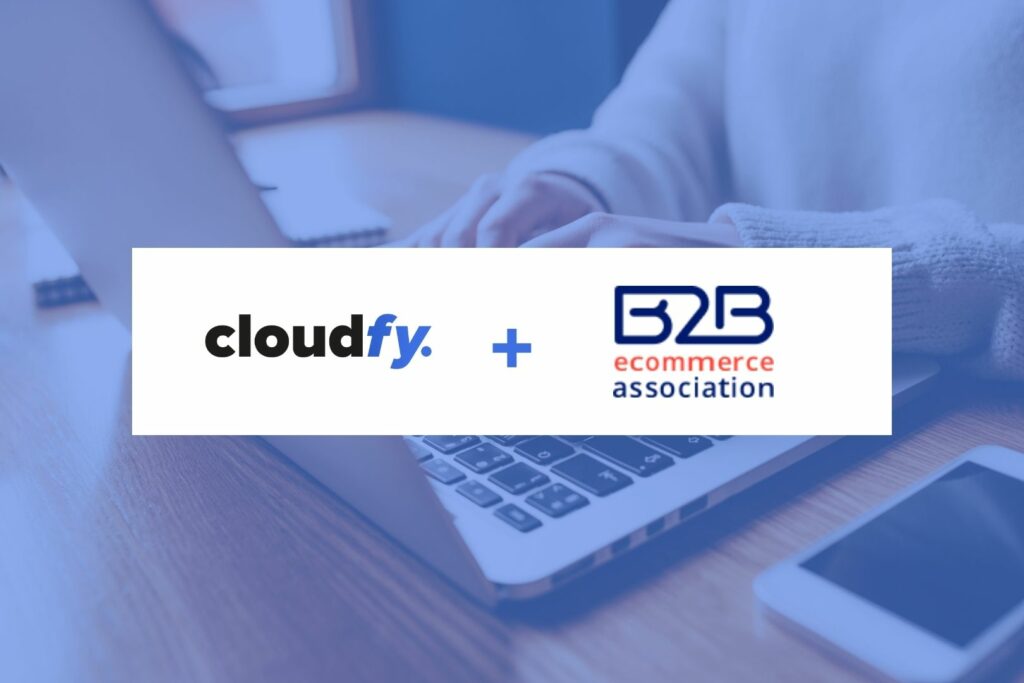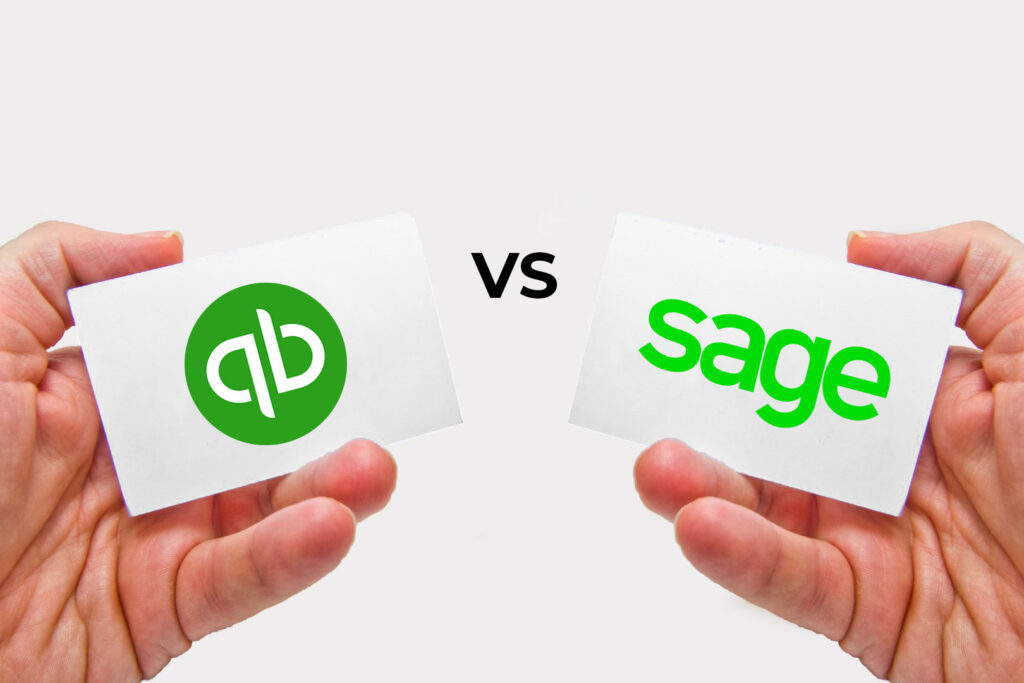IBM WebSphere vs Cloudfy
How do Cloudfy and IBM WebSphere compare when you’re looking for an ecommerce platform for your manufacturing or wholesale business?
What is WebSphere?
WebSphere Commerce from IBM, also known as WCS, started life in 1996 as Net.Commerce. It was created to sell merchandise and tickets for the Atlanta Olympic Games. In 2001 it was renamed and is currently in its ninth release.
WebSphere is a collection of tools that allow organizations to build and manage web portals to provide access to web content and applications. It can handle multiple channels, sites and social media integration.
It’s available on IBM’s Bluemix platform as a service (PaaS) in the Cloud with multi-tenant or single-tenant options or as an on-premises solution.
Typically, IBM is targeting businesses with 100 to 1000 employees and a turnover in excess of $50million for their WebSphere Express editions for small to medium sized businesses.
| Cloudfy | IBM WebSphere | |
|---|---|---|
| Design | Cloudfy fills a gap identified in the market over a decade ago. It’s a secure Cloud-based B2B ecommerce platform specifically designed for retailers, wholesalers, manufacturers, distributors and other businesses that want to trade online. | WebSphere Express editions are available for small to medium sized retail and business to businesses B2B companies. For larger enterprises with higher numbers of transactions there’s a Professional edition. There is also a developer’s space that allows web pages to be created and managed, with a copy of the web server for testing pages and applications. |
| Speed | Cloudfy delivers software as a service (SaaS) ecommerce websites that can be launched in weeks rather than months. | WebSphere is available on IBM’s Bluemix platform as a service (PaaS). IBM says a B2B site can be launched in 90 days. |
| Costs | Costs are based on simple monthly subscription plans including hosting and support. | Costs are based on processor value units (pvus), fixed-term licenses, software subscriptions and support costs. |
| Integration | There are pre-built integrations for major business systems including MS Dynamics, Sage, NetSuite and SAP. customized integration is also available. | Integration is supported for enterprise systems such as Oracle or IBM DB2 databases and IBM AIX, Linux or MS Windows operating systems. Java application ‘servlets’ are used to extend applications hosted on the server. |
| Flexibility | Cloudfy is a good fit for B2B ecommerce companies that want to retain flexibility to combine innovation and their own choice of business systems. It has a program of regular updates and enhancements. These are deployed in the Cloud so that users are immediately up-to-date. | Businesses with high transaction volumes that are committed to enterprise databases and operating systems, could find WebSphere a good fit with their overall ICT strategy. There’s a range of additional WebSphere features and a program of quarterly enhancements. |
Businesses with lower transaction volumes and a variety of business systems are likely to find the timescales, costs and complexity of migrating to WebSphere daunting. They might also find WebSphere’s range of services is over-engineered for their needs.
In contrast, straightforward pricing, ease of integration and scaling for peak demand and future growth are attractive Cloudfy features for these types of businesses.
Talk to one the friendly Cloudfy team today about innovation, flexibility and scalability for your B2B ecommerce platform.





